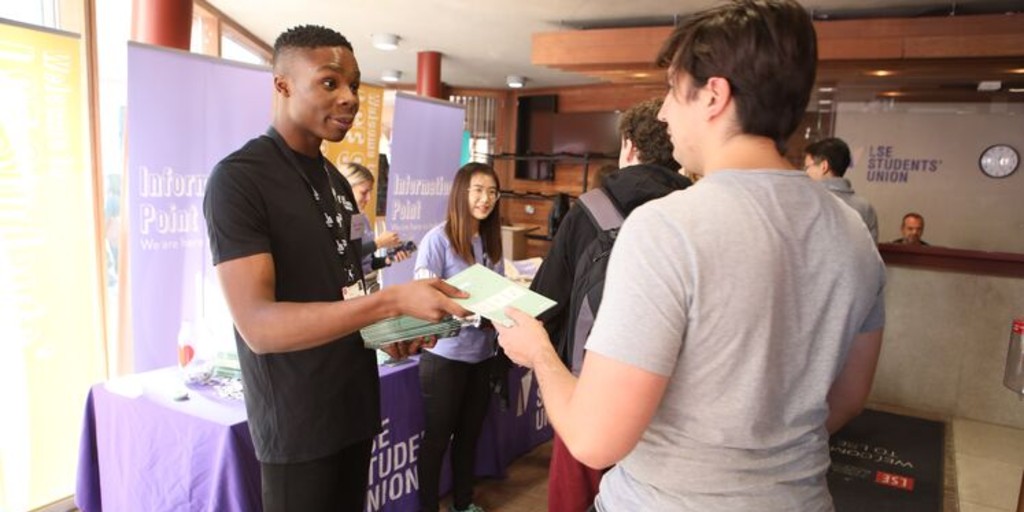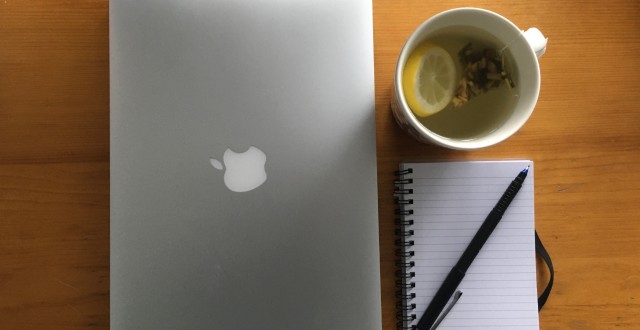Like everyone else, the pandemic has been tough on the LSE PhD community and PhD communities at other universities across the world. That’s taken many different forms, but one of the big ones has been on our ability to conduct research. For STEM PhDs, this has meant the loss of conducting fieldwork or working in labs. For humanities and social sciences PhDs like myself, it has left us without the ability to visit archives, collect documents, organise interviews, or check out books and articles from libraries and other institutions. In other words, it has severely impacted our ability to work on our degrees. This is a major problem, and although we had a reprieve over this past summer, it is difficult to predict the future because of the unpredictability of COVID-19. That being said, I want to share some tips on how to conduct research during the pandemic that will allow you to move forward with your research as much as possible.
Online Archival and Textual Sources
One of the blessings of the digital age for academics is the ability to conduct a lot of research now remotely as archives and libraries place vast amounts of their holdings online. This includes books, charts, documents, maps, oral histories, photographs, and other types of records. Despite the pandemic, I was able to do a surprising amount of research since everything closed down because of digitised holdings available online. This might not be as fruitful of an avenue as it might be for others, but no matter what you’re working on, I would encourage you to look into what is digitally available and making as extensive use of it as possible.
Contact Other Scholars in Your Field of Research
One of the great things about the academic community is how generally collegial and supportive many of us are. During COVID-19, that has revealed itself even more. Our colleagues and other scholars want to assist each other in any way possible, and one of those ways has been to share the documents and other records they have with people who need them. If there are scholars in your field who you think might have copies of documents you need for your research, reach out to them and see if they can help. In my case, I was able to secure boxes of documents from a senior scholar in my field who no longer needed them and he sent them to me via post. That was an extremely generous act, and it undoubtedly will help me write my dissertation. It never hurts to reach out and you might be surprised how much people have to offer!
Coordinate Remote Interviews
If part of your research included gathering testimony and interviewing subjects, this can still be done remotely in many cases. This suggestion might seem obvious, but it still bears mentioning. If your subject is able to set it up technologically on their end, ask them if they are willing to speak with you on FaceTime, Google Hangouts, Microsoft Teams, Zoom, or whatever piece of software you use. You can still get your interviews done, and in some cases, it might be easier to do them remotely than it would have been otherwise in person.





